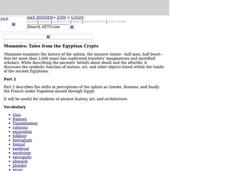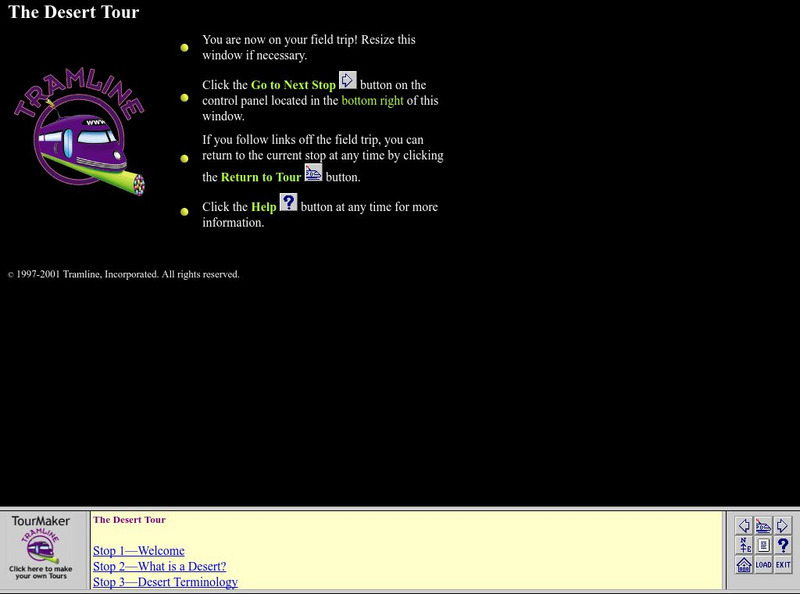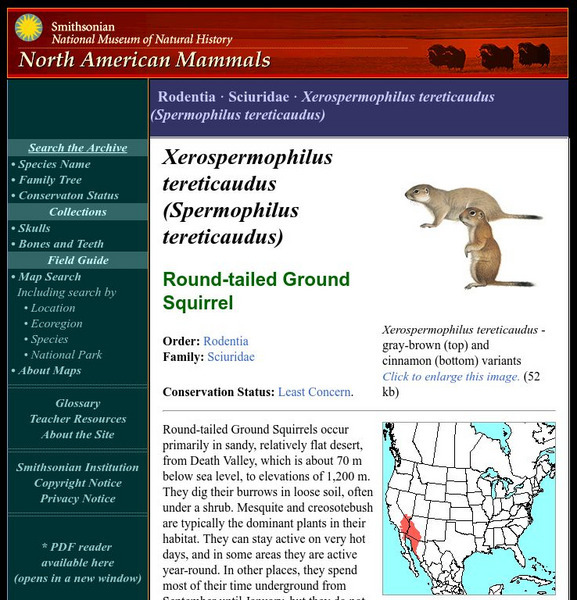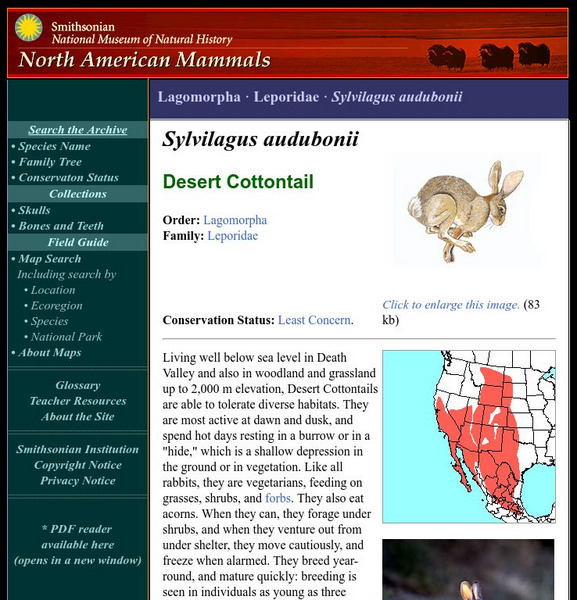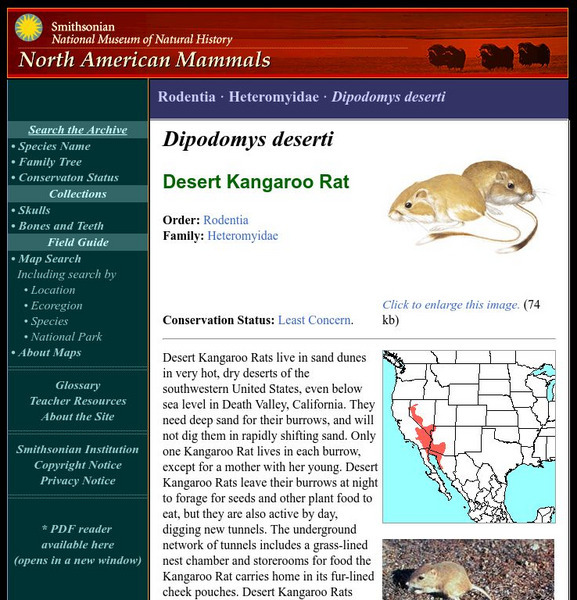Curated OER
You Can Die Here – Death Valley California
Students use Google Maps to explore the rain shadow desert. In this climate lesson, students use the Internet, Google Maps, and directed inquiry worksheets to understand how rain shadow deserts form. Students apply climate concepts to...
Curated OER
You Can Die Here
Students examine Death Valley including the amount of precipitation and winds that it gets. For this climate based lesson students explain the reasons for the amount of precipitation and windward patterns in Death Valley.
Curated OER
Volcanoes!: Forecasting the Path of Mudflows
Learners construct a mockup of a volcano by crumbling up newspapers and piling them into the shape of a volcano. They place a tarp over the newspapers making sure the tarp is large enough to simulate a flat area at the volcano's base....
British Council
Weather 2
Young meteorologists answer questions based on the types of weather they experience in the region they live. They also complete a word search to find weather-related terms.
Curated OER
Deadly Deserts
In this reading comprehension worksheet, students read a passage regarding different deserts and answer 10 questions. The questions are a mix of true/false, short answer, and matching.
Curated OER
Lesson 4: Fire, Rock, and Water
You can demonstrate the destructive force of volcanic mudflows to your early earth scientists using this lesson plan. Messy, but memorable, the two demonstrations require some preparation. Use one or both! Included is a link to activity...
Curated OER
Measurement Problems
In this measurement worksheet, students determine how gravity affects your weight and mass on a different planet. Students practice converting measurements to different units. This worksheet has 12 problems to solve.
Curated OER
The Mysterious Tragedy at Lake Nyos
Young scholars present a convincing explanation of the Lake Nyos event and propose a solution to prevent future tragedies at central and western African lakes.
Curated OER
Fire, Rock and Water Volcanoes!
Students participate in a demonstration that helps them visualize mudflows and how they move. In this exploratory lesson students simulate a mudflow and create an avalanche.
Curated OER
Mummies: Tales from the Egyptian Crypts Part II
Students explore the shifts in perceptions of the sphinx as Greeks, Romans, and finally the French under Napoleon moved through Egypt.
Curated OER
AIDS TODAY
Students study the AIDS epidemic. In this health policy lesson students divide into groups and research the Internet to obtain information on AIDS.
Curated OER
Dig Magazine Archeology Quiz #44
In this Dig Magazine archeology quiz, students answer 4 multiple choice questions covering a variety of topics. Page contains answer and additional resources link.
National Association of Geoscience Teachers
Nagt: High School Geology Field Trip From Los Angeles to Death Valley
This field trip can be adapted to any physical geology course to introduce the students to a wide variety of geologic features.
PBS
Pbs Learning Media: Teri and Jairus: Biome Buddies
This video segment from ZOOM compares and contrasts the habitat and life forms found in Death Valley with those found in the temperate rain forest of the Pacific Northwest. [3:46]
US Geological Survey
Usgs: Virtual Tours of National Parks
Excellent site to discover the National Parks from the convenience of your computer. Click on each park for a virtual tour, many in 3D, many offering historic photos. Dig deep into our national geologic story.
Tramline
Desert Field Trip
Use this site to find out how deserts are formed, where the largest desert is located and if there are different types of deserts.
Smithsonian Institution
National Museum of Natural History: American Mammals: Round Tailed Ground Squirrel
Round-tailed Ground Squirrels occur primarily in sandy, relatively flat desert, from Death Valley, which is about 70 m below sea level, to elevations of 1,200 m. They dig their burrows in loose soil, often under a shrub. Learn more about...
Smithsonian Institution
National Museum of Natural History: American Mammals: Desert Cottontail
Living well below sea level in Death Valley and also in woodland and grassland up to 2,000 m elevation, Desert Cottontails are able to tolerate diverse habitats. They are most active at dawn and dusk and spend hot days resting in a...
Smithsonian Institution
National Museum of Natural History: American Mammals: Desert Kangaroo Rat
Desert Kangaroo Rats live in sand dunes in very hot, dry deserts of the southwestern United States, even below sea level in Death Valley, California. They need deep sand for their burrows, and will not dig them in rapidly shifting sand....
Science Struck
Science Struck: Hottest Place on Earth
Discover the hottest place on Earth, how this record is determined, and some other places that can be called extremely hot using different criteria.









